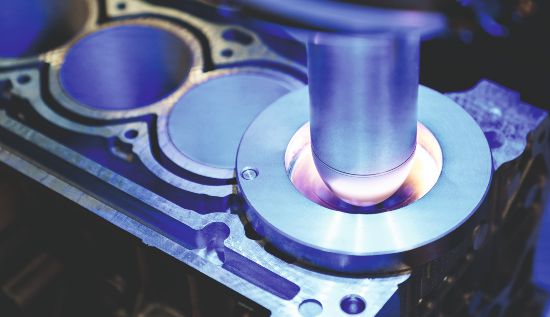Globaldata: VW Group Bets Big On Industrial Scale To Counter Tesla
Following Volkswagen (VW) Group’s annual results conference for investors at which it set out its transformation to ‘new auto’ which includes the switch to electric drives;
David Leggett, Automotive Analyst at GlobalData, a leading data and analytics company, offers his view:
“Volkswagen is turning to its natural industrial strength – especially in the form of standardised technical foundations and engineering architectures that can be spread across multiple brands to leverage scale economies.
Now though, it has to manage a platform roadmap that includes much software as well as hardware and brings together critical advanced technologies on platforms that must deliver the promised improved performance at much lower cost.
Much hinges on VW’s new unified battery cell and six yet to be built cell-making ‘gigafactories’ in Europe that VW believes can reduce the cost of its battery cells by up to 50 percent by 2030.
If VW can follow its ambitious roadmap for e-mobility and leverage the scale economies it is targeting, it will certainly be competitive in the rapidly growing global electric car market and a credible rival for current market leader Tesla.
“As well as its industrial scale, VW also has the advantage of continuing to sell combustion engine cars – at higher margins than is possible with electric cars – in markets around the world to help finance the shift to electric over the next ten years. Unlike some other carmakers, VW has notably not set a date for going ‘all electric’.”
Check these articles out:
Gehring Laser Technology Helps VW Develop High-Efficiency Engine
Volkswagen Group To Invest €34 Billion By 2022 To “Reinvent The Car”
Manufacturing In Asia Post COVID-19
Six Factors That Have Changed Bending Automation
Electric Cars: The Lifeline Of The Auto Industry
For other exclusive articles, visit www.equipment-news.com.
WANT MORE INSIDER NEWS? SUBSCRIBE TO OUR DIGITAL MAGAZINE NOW!
FOLLOW US ON: LinkedIn, Facebook, Twitter










